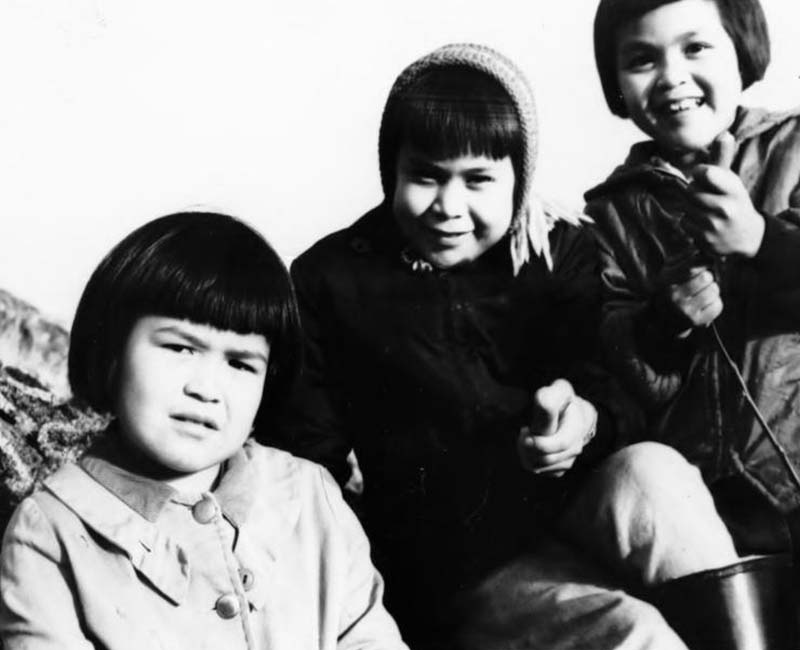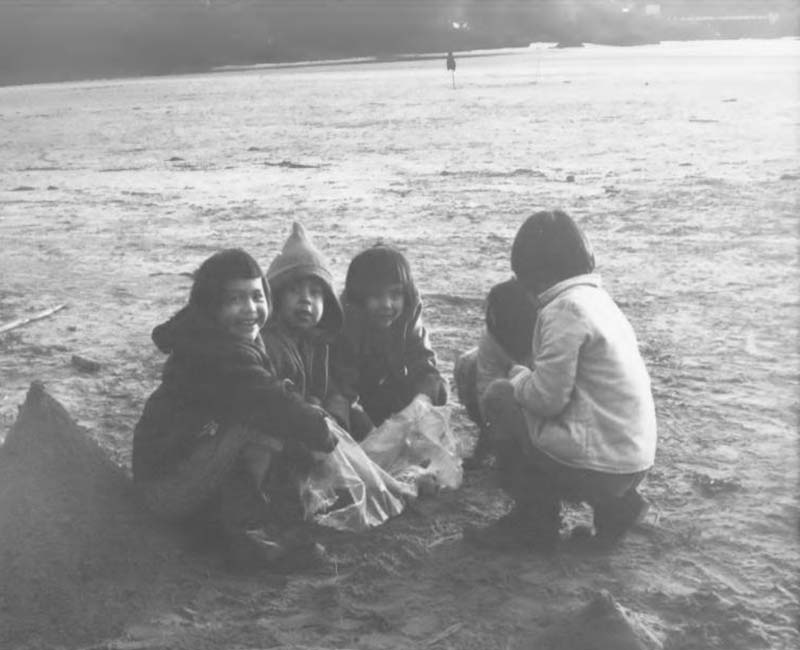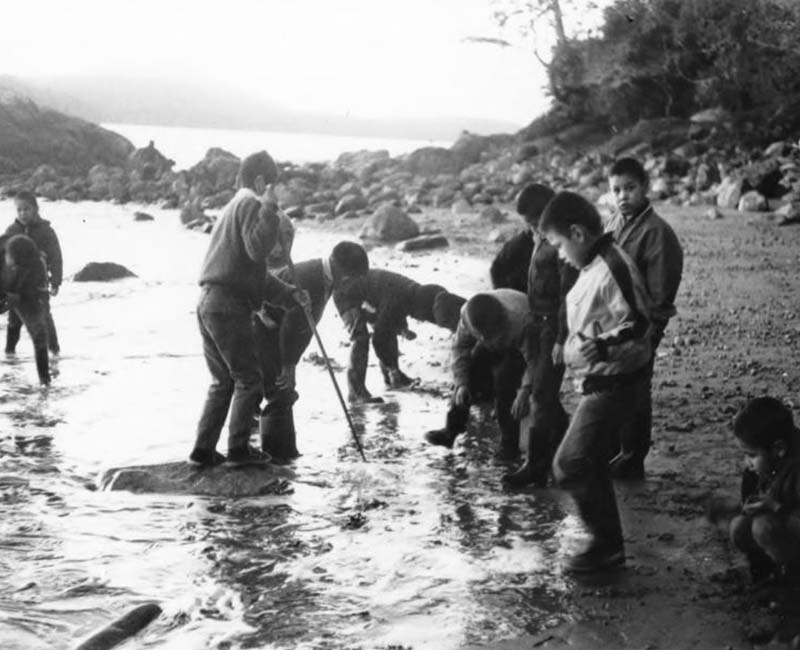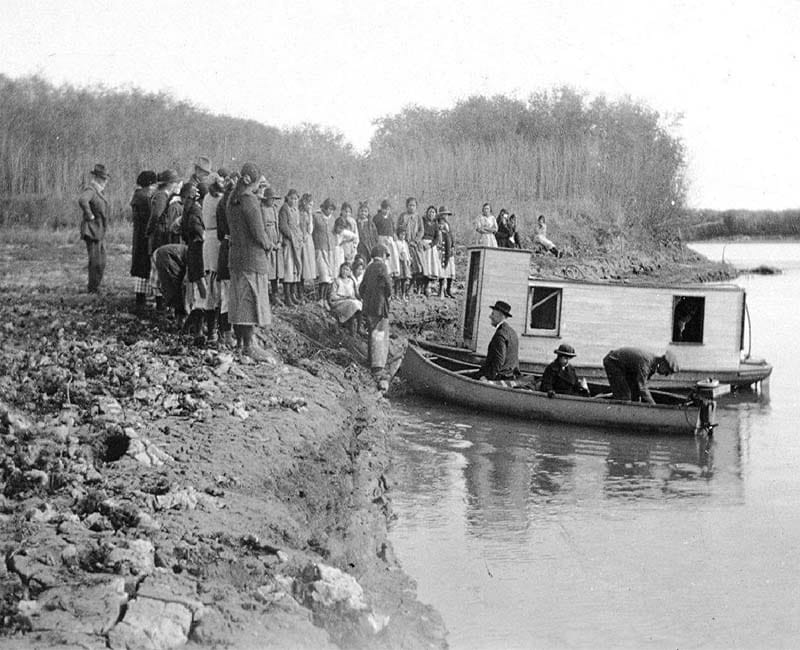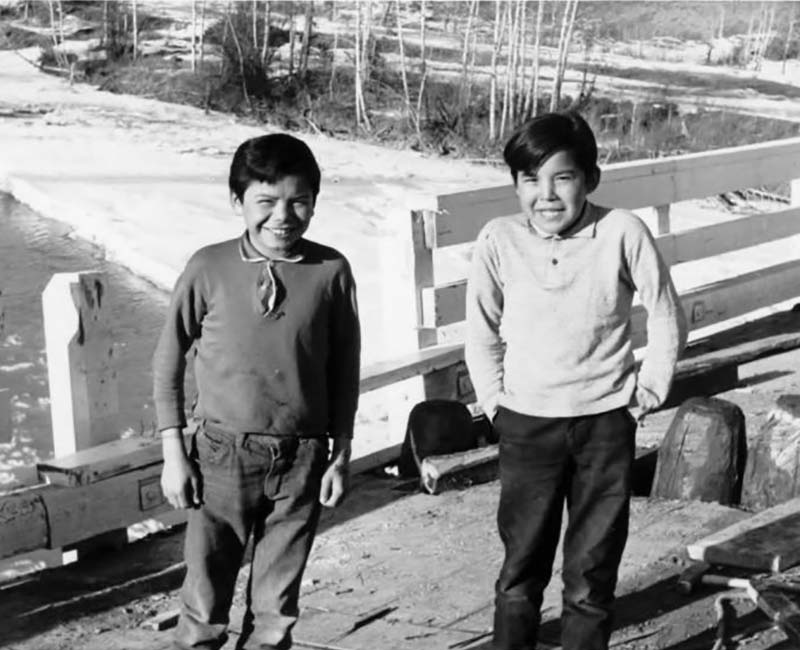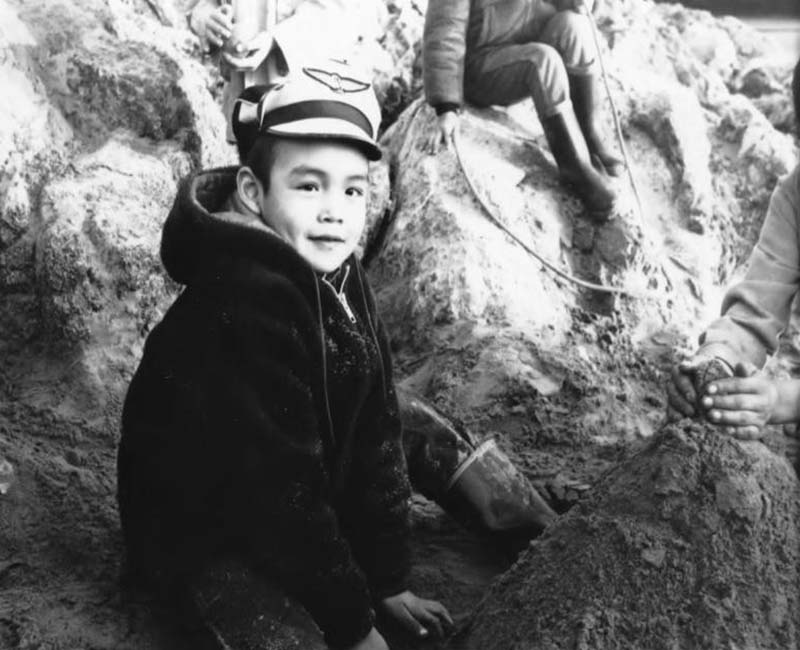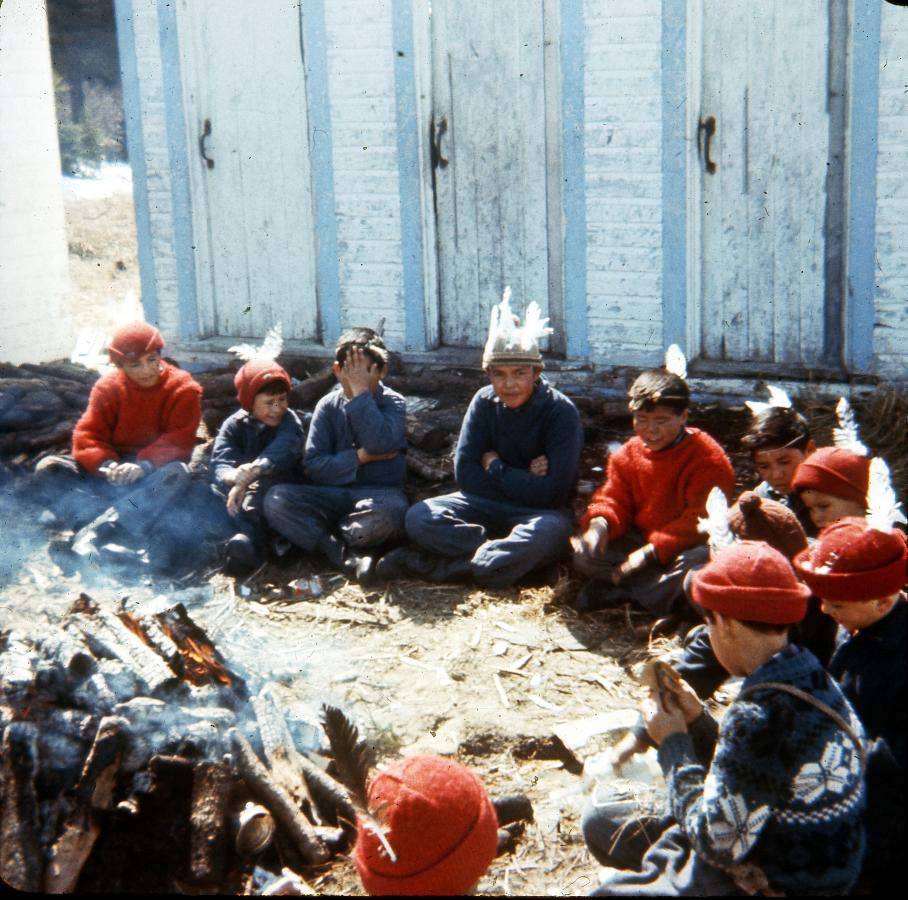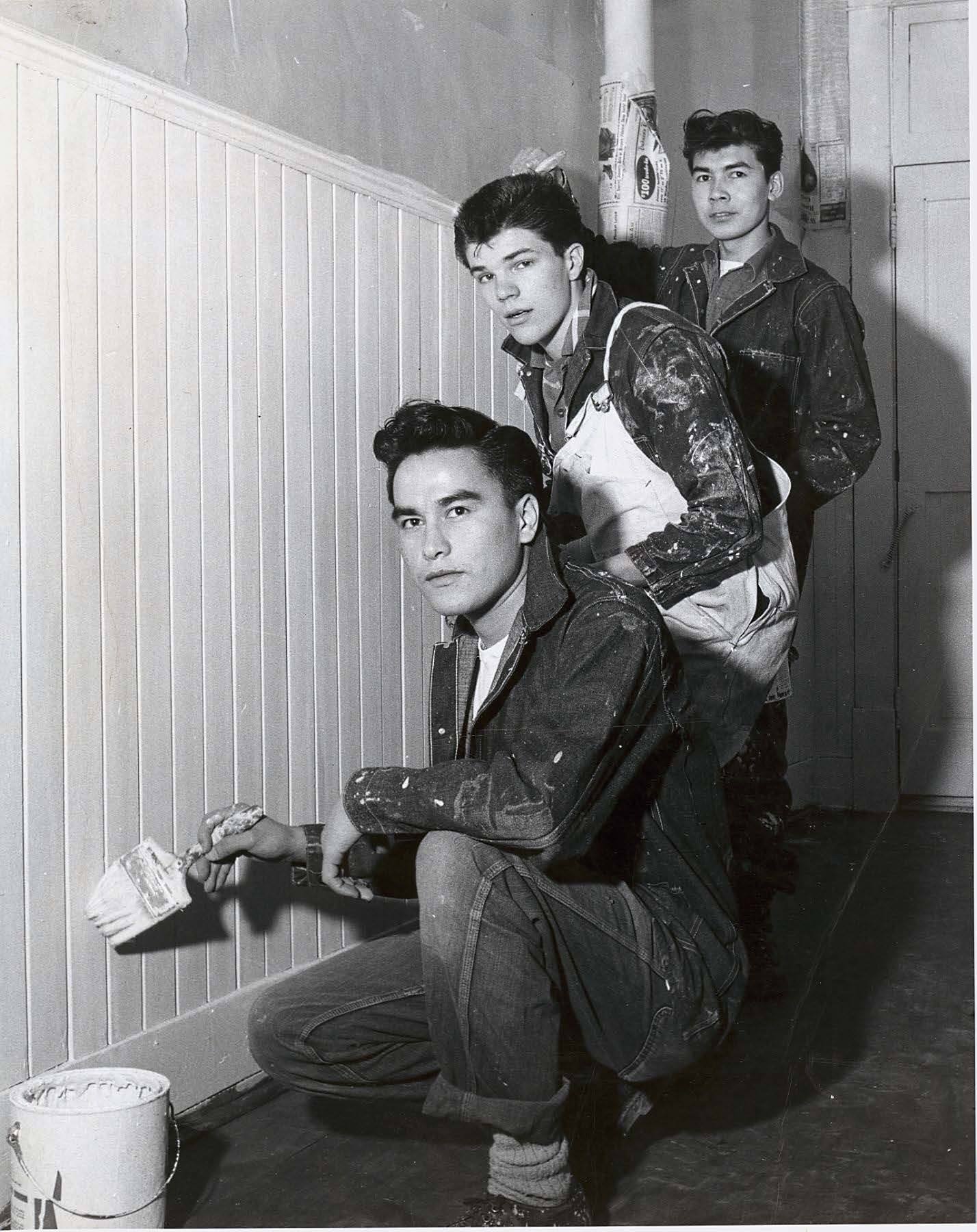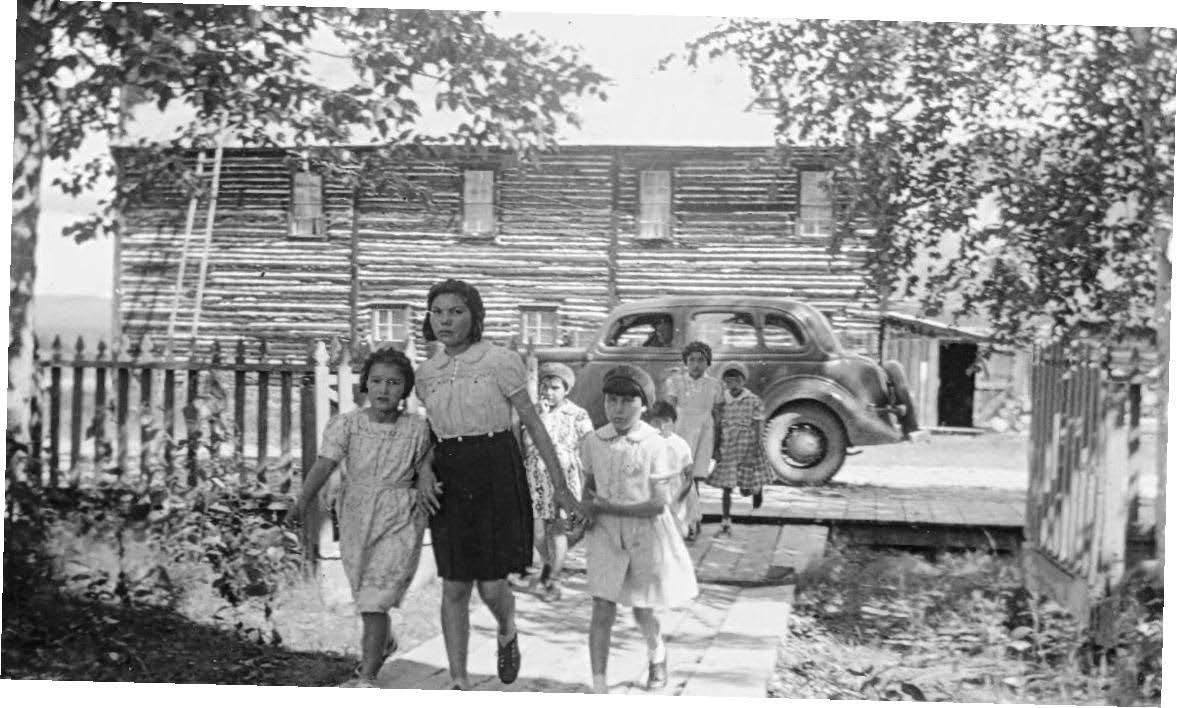Access and Privacy Policies
The NCTR will make the Residential School records as widely accessible as possible. We will also comply with applicable privacy laws and seek to balance these requirements with community practices of social knowledge and memory.
The Governing Circle and Survivor’s Circle will provide guidance to ensure an appropriate balance of access and privacy is maintained. The NCTR is also supported in this task by the University’s Access and Privacy Office and Information Security and Compliance Office
Survivors and community leaders provide guidance on laws and cultural protocols for access and use of valued knowledge. This asserts the Indigenous perspective of the records’ meaning and value; it gives legal weight to the Survivors’ and community’s understanding of the records. The NCTR has the full support of the University of Manitoba.
- More information on the Access and Privacy Office at the University of Manitoba
Access Policies
Most of the records in the care of the NCTR are digital.. The NCTR continues to receive, process and make available additional residential school records. Some record may have sensitive material removed from view being made available online. When the NCTR removes sensitive material from view, we will explain why we have done this in our records descriptions.
For those who do not have access, the NCTR and its partners will provide personal assistance with navigating, using, and gaining access to the records.
To request one-on-one support to access the records, contact: NCTRrecords@umanitoba.ca.
Privacy Policies
To protect the privacy of all the materials in its care, the NCTR will place all materials in two categories:
- Open records – Records that do not breach privacy requirements, personal and collective interests, or community laws and cultural protocols, will be made accessible to the public in digital format.
- Restricted records – Records that cannot be released because of legislation, records to date unreviewed for release, or records that cannot be released under community laws and cultural protocols. These records may only be made available on a case-by-case basis according to review.
Copyright and Permissions
The Centre is presently faced with the challenge of sorting out a large amount of material supplied to us by a wide variety of archives across the country. As the Centre holds copies of the records and not originals, for the time being, we need to defer to the originating archive to provide information on matters such as copyright. We cannot at this time grant permissions or indemnities in relation to content for which we do not have clear ownership or control.
Depending on your proposed use of the material, you may benefit from a copyright exemption such as Fair Dealing which would allow you to make use of copyright-protected works without permission or royalties, though the Centre cannot help you make this determination. We are working as quickly as possible to confirm matters such as copyright and encourage you to stay in touch with us as we work through this.
To speak to an archivist:
Phone: (204) 480-1091
Fax: (204) 474-7533
National Centre for Truth and Reconciliation
Chancellor’s Hall, 177 Dysart Rd.
Winnipeg, MB R3T 2N2
NCTR’s spirit name – bezhig miigwan, meaning “one feather”.
Bezhig miigwan calls upon us to see each Survivor coming to the NCTR as a single eagle feather and to show those Survivors the same respect and attention an eagle feather deserves. It also teaches we are all in this together — we are all one, connected, and it is vital to work together to achieve reconciliation.

